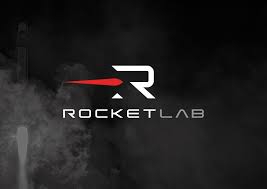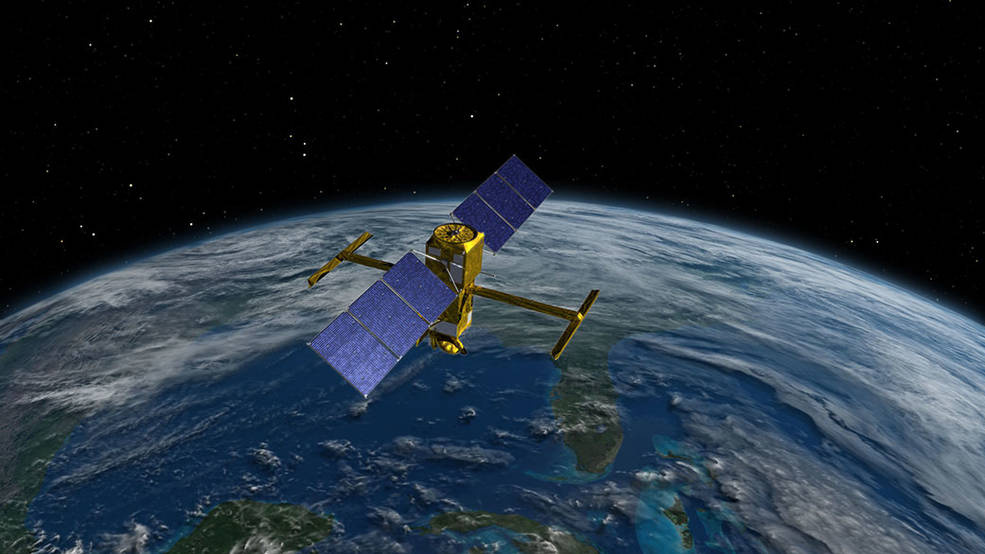Rocket Lab Selected to Build Solar Panels for NASA’s CADRE Mobile Robot Program

Rocket Lab USA, Inc. (Nasdaq: RKLB) (“Rocket Lab” or “the Company”), a leading launch and space systems company, today announced it has been selected by NASA’s Jet Propulsion Laboratory (JPL) to supply solar panels that will power NASA’s shoe-box-sized mobile robots as part of the Cooperative Autonomous Distributed Robotic Explorers (CADRE) program.

“We’re incredibly proud to be supporting innovative new means of space exploration”Tweet this
The solar panels will use Rocket Lab’s inverted metamorphic multi-junction (IMM) solar cells that are more efficient and lighter weight than standard multi-junction space solar cells and provide the exact capabilities needed for the program. The IMM cells were developed by SolAero Technologies Inc, a leading space solar power company acquired by Rocket Lab in January 2022.
IMM solar cells are a superior type of space-grade solar cell, providing best-in-class efficiency with 40% lower mass than typical space-grade solar cells. IMM is also powering General Atomics’ GAzelle spacecraft, which Rocket Lab launched as part of its 31st Electron mission earlier this month.
The CADRE robots are the next generation of NASA’s Autonomous Pop-Up Flat Folding Explorer Robots (A-PUFFER) technology. NASA’s Jet Propulsion Laboratory is designing the CADRE robots to be able to explore as a group to collect data in the hardest-to-reach places on the Moon, Mars and beyond.
“We’re incredibly proud to be supporting innovative new means of space exploration,” said Brad Clevenger, Rocket Lab’s Vice President of Space Systems. “The CADRE program could help map unexplored regions on the Moon and access hard to reach parts of Mars, expanding our understanding of distant planets and Moon.”
CADRE is targeted to fly as a technology demonstration on a commercial robotic lander within the next five years through NASA’s Commercial Lunar Payload Services Initiative.
+ ABOUT Rocket Lab
Founded in 2006, Rocket Lab is an end-to-end space company with an established track record of mission success. We deliver reliable launch services, satellite manufacture, spacecraft components, and on-orbit management solutions that make it faster, easier and more affordable to access space.
Headquartered in Long Beach, California, Rocket Lab designs and manufactures the Electron small orbital launch vehicle, the Photon satellite platform and the Company is developing the large Neutron launch vehicle for constellation deployment. Since its first orbital launch in January 2018, Rocket Lab’s Electron launch vehicle has become the second most frequently launched U.S. rocket annually and has delivered 151 satellites to orbit for private and public sector organizations, enabling operations in national security, scientific research, space debris mitigation, Earth observation, climate monitoring, and communications. Rocket Lab’s Photon spacecraft platform has been selected to support NASA missions to the Moon and Mars, as well as the first private commercial mission to Venus. Rocket Lab has three launch pads at two launch sites, including two launch pads at a private orbital launch site located in New Zealand and a second launch site in Virginia, USA which is expected to become operational in 2022. To learn more, visit www.rocketlabusa.com.





